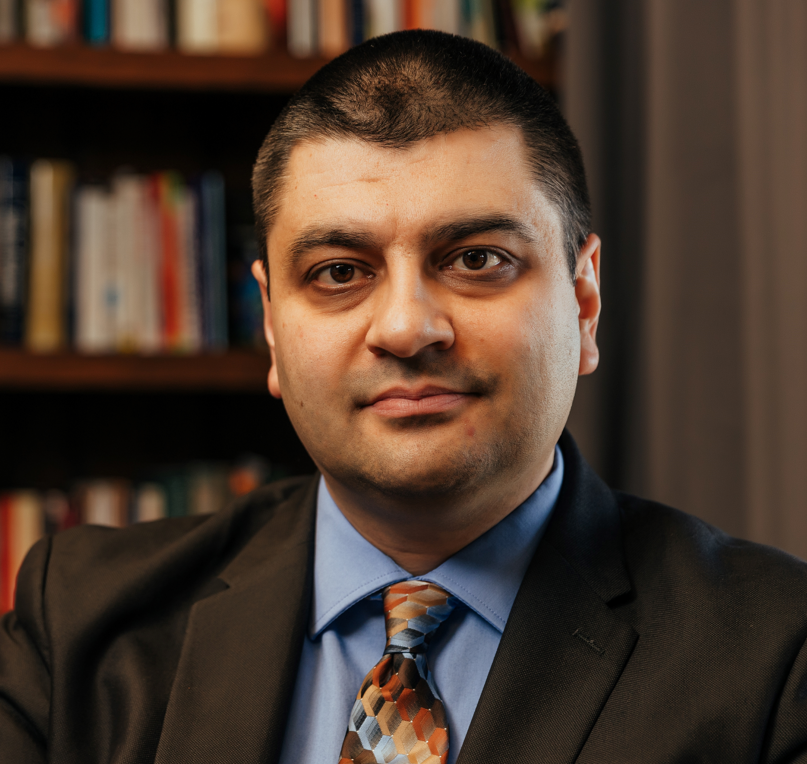The year I turned 17, I approached the holy month of Ramadan with both excitement and anxiety as a new Muslim. Although the physical difficulty of fasting — refraining from eating or drinking from dawn to sunset — became easier, the spiritual trial of improving my habits and behaviors continued throughout the holy month. Ramadan is not an easy month, nor was it not intended to be. Recognized by the almost 2 billion Muslims worldwide, it is a month filled with God’s mercy and blessings, as well as the sacrifices and trials that come with our spiritual relationship with our creator. In the two decades since I began fasting, I have learned that the sacrifice should not just be selfishly for my own benefit, but rather for the benefit of humanity.
Ramadan is more than just the ninth month of the Islamic calendar. The word Ramadan is derived from an Arabic word which describes intense, scorching heat. It is believed that the holy month was given its name because it burns away the sins of the believers, just as the hot sun evaporates water from the earth. Thus, each and every Muslim seeks to use this holy month as a time for deep introspection, reflection on the blessings in their lives, and ultimately building a closer bond with their creator, God Almighty. While there are many individualistic aspects of the faith practice, there are also communal aspects to Ramadan that date back more than 1,400 years.
The Prophet Muhammad was a remarkable leader in many aspects when he established a faith-based community in the Arabian Peninsula in the 7th century CE. One of his motivating factors in seeking spiritual enlightenment was in the search for a solution regarding the great amount of social injustice that he observed in Arabia. It is thus unsurprising that he greatly emphasized acts of charity, particularly during the month of Ramadan. As he famously said:
“A charity is due for every joint in each person on every day the sun comes up: to act justly between two people is a charity; to help a man with his mount, lifting him onto it or hoisting up his belongings onto it, is a charity; a good word is a charity; and removing a harmful thing from the road is a charity.”
We have all witnessed the insurmountable difficulties associated with racism, violence, homelessness, poverty and even war — structural inequalities experienced by the first Muslim communities all those generations ago. Our hearts are constantly aching for our fellow man as globalization has brought us face-to-face with humanity’s most brutal tendencies. We are all searching for a solution for the myriad problems; the simplicity of the Prophet Muhammad’s words may be exactly what we need in this time and in this place.
As I have grown older, I have learned that charity is far greater and more complex than financial contributions. One’s time and commitment to forging peaceful relationships in this world and helping those in need has the potential to be a far greater act of charity than any other. And that is one of the greatest lessons Ramadan has taught me over the years: the benefit of charity is not just the personal benefits of a deeper relationship with my Creator, but also the bringing of peace, justice, and liberation to all of humanity.

